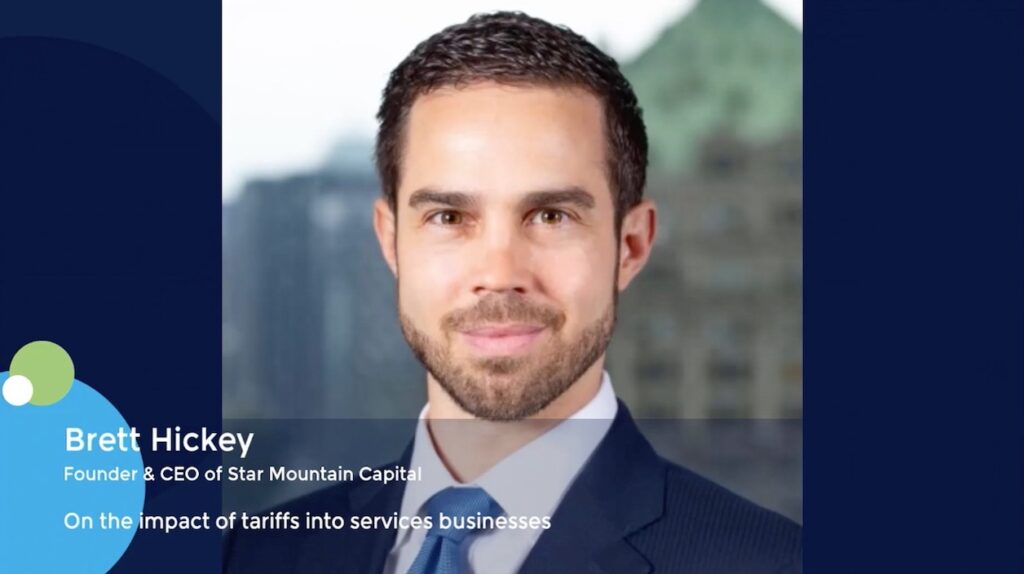Fund focus: Korea’s UCK Partners exceeds expectations with USD 822m fundraise
The middle-market private equity firm raised nearly one-quarter of the fund from global LPs despite never previously marketing overseas. It is now eyeing healthcare and consumer buyouts
UCK Partners closed its third Korean mid-market buyout fund – and first raised as a fully independent manager – in early January with KRW 1.1trn (USD 822m) in commitments. This included approximately KRW 250bn from international investors, but on initiating the fundraise in July 2022, the team wasn’t sure about venturing offshore. Previous vintages were domestic only.
“It wasn’t an easy decision. We almost decided just to go with domestic investors and target about KRW 800bn,” said Soomin Kim, a partner and CEO at UCK. “Strategically, it was important for us to establish relationships with overseas LPs as an independent GP for future fundraises, but even then, our expectations weren’t high. We thought we might end up with USD 30m-USD 50m.”
Expectations were exceeded across the won and US dollar tranches, pushing UCK past its initial target of KRW 900bn. The former was 30% oversubscribed, with Korea’s National Pension Service making an anchor commitment of KRW 250bn. This underpinned a first close of KRW 650bn in March 2023, with investors from Funds I and II making up the balance.
International marketing efforts began in earnest in November 2022, with UBS Private Funds Group serving as the placement agent. It coincided with anticipation of a bumper exit from Fund II: UCK had helped turn Medit into the world’s leading manufacturer of dental scanners, growing revenue 2.5x over four years, and the auction attracted a host of global and pan-regional PE firms.
The business was sold to MBK Partners for a valuation of KRW 2.4trn at the end of 2022, enabling UCK to fully exit its approximately 50% stake with a 5.8x return. LPs were conducting on-site due diligence around the same time and then an on-site investor day was held in February 2023.
UCK paid KRW 320bn for its Medit holding in 2019, valuing the business at KRW 600bn. It was the firm’s largest deal to date – and, coming from a KRW 500bn fund, it required significant co-investment. Within weeks of exiting, UCK had embarked on an even bigger project, a take-private of dental implant maker Osstem Implant at an enterprise value of KRW 3.64trn. MBK joined the ticket.
Filling a gap
Fund III features some North American and European investors, but the bulk of the international capital came from fund-of-funds operating out of Hong Kong and Singapore. There was a general familiarity with UCK success stories such as Gong Cha and Media, and with the Korean market.
“Most of them wanted additional exposure to Korea, on top of existing relationships. They had seen other managers become too big and wanted a mid-sized buyout fund,” said Kim. He added that on launching the international portion of the fundraise, UCK had completed 17 buyouts in 10 years – more than any other private equity firm in Korea and all sourced through proprietary channels.
Filling Korea’s middle-market gap has always been central to Kim’s ambitions. He spent 11 years at Bain & Company – interspersed with a two-year stint at Goldman Sachs – and ultimately became the partner responsible for Korean PE coverage. Departing in 2011, a year either side of the founding of Hahn & Company and Anchor Equity Partners, Kim sought a sponsor.
“Korea is a well-known mid-cap buyout market, but the pan-Asian and global GPs were looking for big fish and the local GPs were mainly doing minority deals,” Kim recalled. “I wanted to set up a new mid-market GP but couldn’t get LP support because I had no track record. I knocked on the door at Unison Capital and they were interested.”
Starting from Fund I, which closed on KRW 300bn in 2014, the team – working under the Unison Capital Korea banner – led fundraising, deal sourcing and execution, and portfolio management. However, most of the carried interest accrued to the Unison Capital holding entity in Japan. This meant negotiations on a pathway to independence began as early as December 2018.
Fund II closed the following year. The balance shifted with the Japan entity receiving most of the carried interest, though not as much as before. Meanwhile, the Korea team secured 51% ownership of the GP. This became 100% in February 2022. Kim is one of three partners, alongside Seung Woong Gwak and Sunwha Shin, heading up a 30-strong team of investment and support professionals.
Founder friendly
Gong Cha was the standout investment from Fund I. The private equity firm bought a 70% interest in the bubble tea chain’s Korean franchise in 2014 for KRW 34bn, and then led a deal that saw the franchisee acquire the Taiwan-based brand owner. Integration and global expansion followed, culminating in a sale to TA Associates in 2019, which generated a 5.7x return.
What Gong Cha and Medit have in common is a transition from family ownership to corporate ownership, with continued participation by the founders and management as minority shareholders. This is an established part of the UCK playbook.
“If we bought 100%, they would only care about the valuation. Our pitch is that we will buy 70% at a reasonable price and increase the value of their 30% by 3x-5x,” said Kim. “We were one of three finalists bidding for Medit, alongside KKR and Carlyle. The founders chose us.”
Medit possessed cutting-edge technology and it was being swept along by industry tailwinds as dentistry embraced digitalisation. The problem was a lack of commercial leadership – the founders had R&D backgrounds. UCK replaced the entire senior management team apart from the R&D function, upgraded internal processes and capabilities, and revamped sales and marketing.
The company’s global market share doubled during the holding period, according to Kim, reaching 24% in 2022. It had 230 dealerships across more than 100 countries. UCK presided over revenue and EBITDA growth of 70% and 95%, respectively, on a compound annual basis.
Continued interest in dentistry was no coincidence. Korea is a global leader in medical aesthetics and UCK sees more scope for global expansion in devices than services. “There is great manufacturing expertise and numerous success stories of Korean companies going global, so we kept an eye on the med-tech space, including Medit and Osstem,” Kim explained.
Osstem is a behemoth in its field by Asian standards, but the company got caught up in an embezzlement scandal and UCK reasoned that it could drive change as majority shareholder. The GP spent one year convincing the chairman and largest shareholder to support a tender offer.
Fund III is already 40% deployed across three transactions. Healthcare will feature prominently, with Kim suggesting that it could account for more than one-third of the overall corpus. Consumer – specifically food – is another area of traditional strength. Suibing, a café chain specialising in shaved ice desserts, was acquired last August with the goal of replicating Gong Cha’s global expansion.
“It already has more than 500 stores in Korea, and we are getting a lot of enquiries from the US and Europe,” Kim added. “We like working with founders and entrepreneurs. It is hands-on and time-consuming, but it can create some great returns.”












